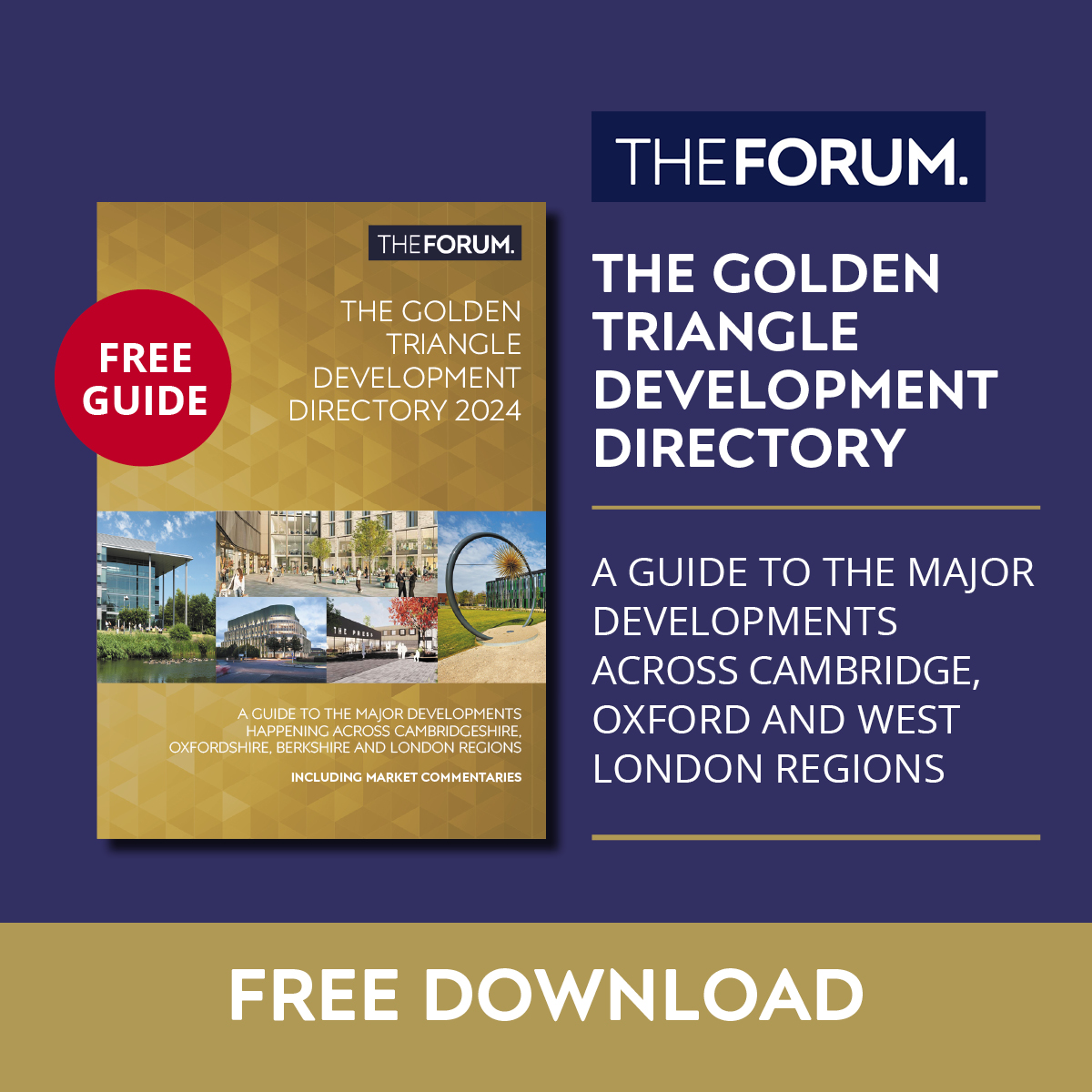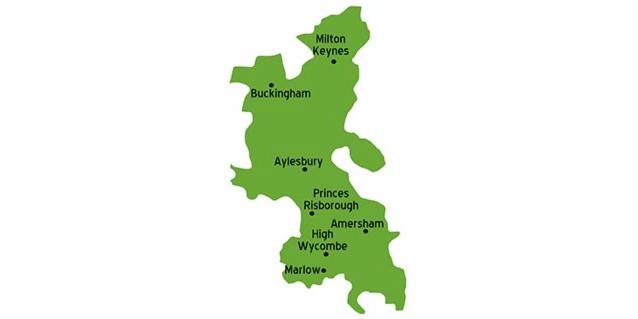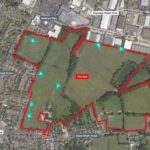With the General Election looming, Rob Allaway, managing director of Thames Tap partner DevComms has weighed up the key parliamentary constituencies in the three main counties of the Thames Valley. While Brexit will define the election nationally, there are significant local issues, including the Oxford to Cambridge Expressway and HS2, which may play a part in the way people decide to vote. Here’s his assessment of Buckinghamshire.
Buckinghamshire constituencies have been long term Conservative strongholds, even during the Labour landslide victory of 1997 (with the exception of Milton Keynes South West, as it was named at the time).
However, once again Brexit, HS2 and, more recently the Expressway, are clear election issues in these constituencies.
Indeed, the Conservatives have recently announced a priority review of the Expressway which, together with the ongoing HS2 review, may well resonate with Buckinghamshire voters, – unlikely coincidences at such a critical time.
In Bucks, there are a number of high profile seats.
* Wycombe: the constituency of the chair of the European Research Group (Steve Baker)
* Buckingham: the constituency of the former Speaker of the House (John Bercow)
* Beaconsfield: which saw one of the most high-profile expulsions from the Conservative party (Dominic Grieve)
* Milton Keynes North and Milton Keynes South: two seats with very slim Conservative majorities
* Aylesbury: the seat of the former PM’s right-hand man (David Lidington)
In the south of the county, Wycombe is held by the Conservatives with self-styled ‘Brexit hardman’ and current chair of the European Research Group, Steve Baker, defending the seat.
Wycombe is seen as a target seat for Labour following large gains in 2017 (+15 per cent). The combined Labour, Lib Dem and Green vote was around 48 per cent of the vote share and, if tactical voting is successful here, there is a view in the Labour Party that they could take the seat.
Any objective analysis however still suggests that it will be difficult for Labour to take control of this seat from the Conservatives.
Former Speaker of the House, John Bercow, is not standing in the Buckingham seat. He was originally voted in as a Conservative but has been independent since 2009, given his role as Speaker. Until now, convention dictates that the main parties do not stand candidates against the Speaker.
However, he has become increasingly unpopular with local Conservatives and announced that he would be standing down after the Conservatives revealed that they would break convention and field a candidate in the seat against him.
On the ground, the Conservatives have fielded Greg Smith, a local candidate from Wendover. For the Lib Dems, Stephen Dorrell will stand – previously a long-standing Conservative MP who defected to Change UK early in 2019 and then to the Lib Dems.
In Beaconsfield, traditionally a Conservative stronghold, there is a feeling that Dominic Grieve (independent) may split the Conservative vote which will help other parties.
However, with 65.3 per cent of the vote in 2017, the Conservatives will certainly hope to retain control, with the Conservative candidate (Joy Morrissey, Ealing councillor) focussing her campaign on the Green Belt, opposing HS2/Heathrow expansion and supporting investment in health care and roads.
In the two Milton Keynes constituencies, North and South, both seats are held by Conservatives with small majorities.
In MK North, incumbent, Mark Lancaster, is not standing. The Conservatives are fielding Ben Everitt, a popular local Aylesbury Vale district councillor, which will potentially increase their chances of securing the seat once again.
However, Milton Keynes is historically politicised and there is a strong Labour/Lib Dem presence in the area – a Conservative win is by no means a foregone conclusion.
Finally, in Aylesbury, David Lidington is not standing. His high-profile position, and lack of sympathy for key local issues such as HS2, has certainly shone a spotlight on this seat.
However, Aylesbury like much of Buckinghamshire, is traditionally Conservative and it would take a seismic shift to unseat the Conservatives here.
Buckinghamshire will certainly be a very interesting one to watch heading into the election.
* Image credit: User: (WT-shared) Paul. at wts wikivoyage [CC BY-SA 1.0 (https://creativecommons.org/licenses/by-sa/1.0)]
See also: Election special: Berkshire and Election special: Oxfordshire














